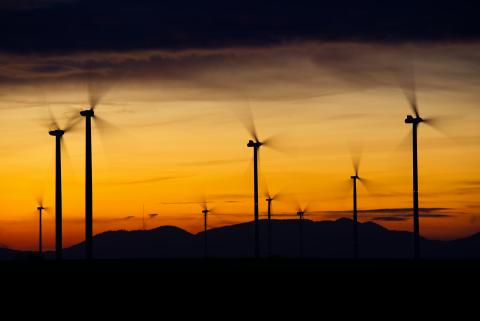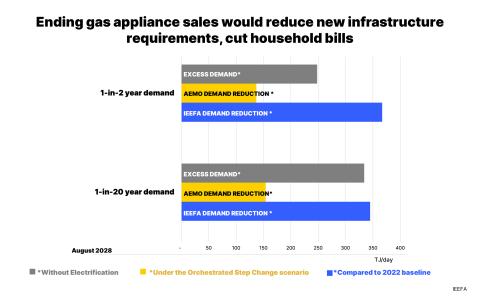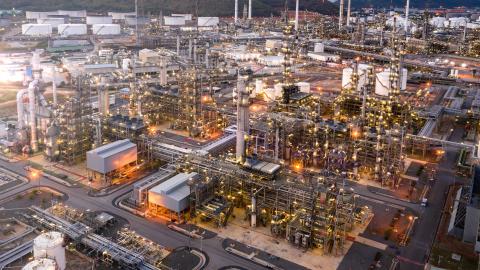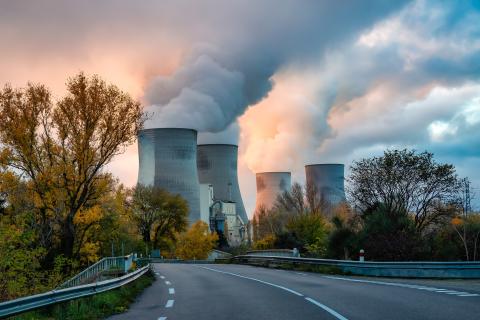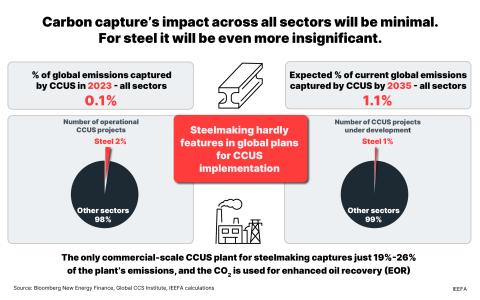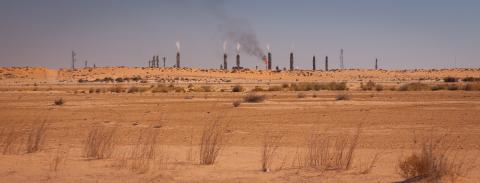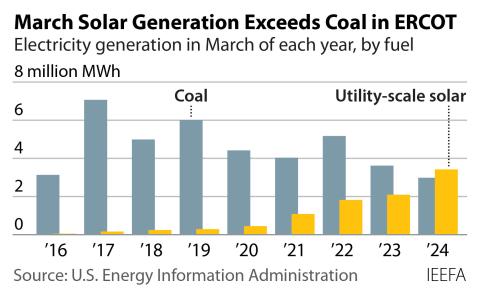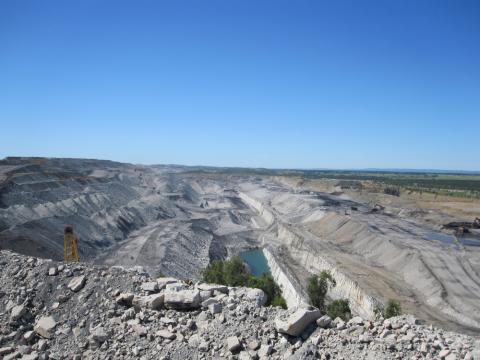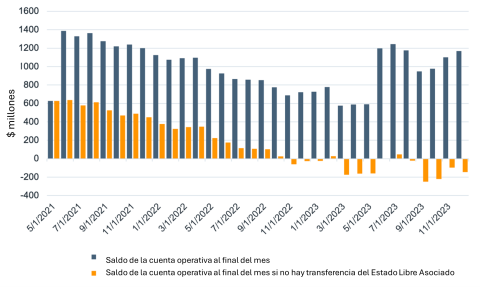Australia, at Last, Has an Energy Realist at Its Helm

Australia’s recent rough-and-tumble politics have famously produced four prime ministers in three years but perhaps none so divisive as Tony Abbott, who was known, among other fringe stands, for his rejection of climate-change science and his love of coal.
Abbott is out, Malcolm Turnbull is back in, and one of the most carbon-intensive economies in the world has some sensible leadership at last as it embarks on an energy transition that is gaining momentum.
Australia has always gotten most of its electricity from coal-fired generation, and coal is one of our two biggest exports. Both traditions are at risk—indeed doomed in the long term —as the global energy economy shifts. Where Abbott clung to a status-quo outlook that refused to see the light, Turnbull is a realist who knows change is on the way.
It’s not overstating things to say Abbott’s ouster is of geopolitical significance. Australia—a country of only 23 million people—is a linchpin in global coal markets. When Australia talks about coal, people listen, and Turnbull’s ascension suggests the country will no longer be the disruptive laggard in a world that is lurching toward consensus on climate-change policy.
In the short term, expect Turnbull’s government to pursue a rational, steady policy that stops fighting climate-change science and allows Australian institutions—utility companies, investment banks, and mining-intensive regional economies—to prepare for change. That said, none of this means Australia is going to reverse course overnight. Substantial new energy-policy mandates aren’t likely to materialize until after next year’s national elections, but when they do they will be major: Fewer subsidies for the coal industry, serious expansion of energy-efficiency programs, crucial policy support for energy efficiency and solar- and wind-generation, and abandonment of long-term, taxpayer-funded infrastructure schemes to support ever more coal mines.
AUSTRALIA WILL BEGIN WORKING IN EARNEST NOW TO EXCEED THE LESS THAN AMBITIOUS 26 TO 28 PERCENT REDUCTION IN CARBON EMISSIONS the Abbott government said it was shooting for by 2030. Turnbull will wait for global momentum to build before proposing more ambitious goals that reflect a serious, fairer Australian contribution. His rise at the very least means Australia is no longer fighting a ‘lost war for coal’, to paraphrase Appalachian Power President Charles Patton’s insightful comments of last week.
Indeed, the government is poised under Turnbull’s leadership to embrace its obligations on climate-change management, and this is good news of course in a global sense. It’s also good news for Australia, whose all-important energy sector has been in a state of uncertainty from often-erratic government energy policies and a general lack of transparency in this realm, combined with the complete and ‘unexpected’ collapse in values of oil, liquid natural gas, coking and thermal coal.
Specifically, the Australian energy economy immediately benefits under Turnbull by seeing the Clean Energy Finance Corporation (CEFC) preserved and even having its scope expanded. This important and successful investment bank, under constant fire from Abbott’s government, provides crucial publically backed financing for the commercialization and deployment of proven low-emissions technologies.
The Australian Renewable Energy Agency (ARENA) will also now continue its invaluable work, expanding vital research and development n emerging low-carbon technology, where it has been instrumental in proving the commercial viability of new forms of clean energy.
As part of Australia’s step-up in its global contribution, it would not surprise IEEFA if we were to see an expansion of the ARENA and CEFC mandates to allow an international focus such that Australian innovation, technology leadership, engineering and financial institutions start contributing to lower carbon solution deployments in Asia and India.
Australia has an officially legislated target of 33,000 gigawatt hours of electricity production from renewable sources by 2020—a goal constantly undermined under Abbott—and his removal allows now for investment to resume apace in that realm and for an orderly electricity-generation transition to start. The seeds for change are being planted as we speak. Just this month, the government of Queensland approved and even extended regulatory encouragement to a $275 million solar project by Fotowatio Renewable Ventures of Spain, the first of many such ventures to come.
Meantime, outdated and misguided projects will fall by the wayside, which is where they belong. Exhibit A on this point is a long-languishing proposal by Adani Group to build a vast new mine, rail and port project in the Galilee Basin of Northern Queensland. Abbott’s government clung stubbornly to its hopes for this $10 billion coal-development project by offering significant taxpayer subsidies. But no investment bank has been willing to offer the necessary private-sector support—and for good reason. Indeed, Goldman Sachs last month markedly lowered its long-term outlook for global coal markets and said thermal-coal markets are in structural decline. It may be entirely coincidental, but it may be worthy noting, too, that Turnbull is the former lead executive for Goldman Sachs in Australia.
Australia under his leadership is poised now to rejoin most of the rest of the world in working toward a global transformation by adopting a prosperous and sustainable new energy economy.
Tim Buckley is IEEFA’s director of Energy Finance Studies, Australasia.


